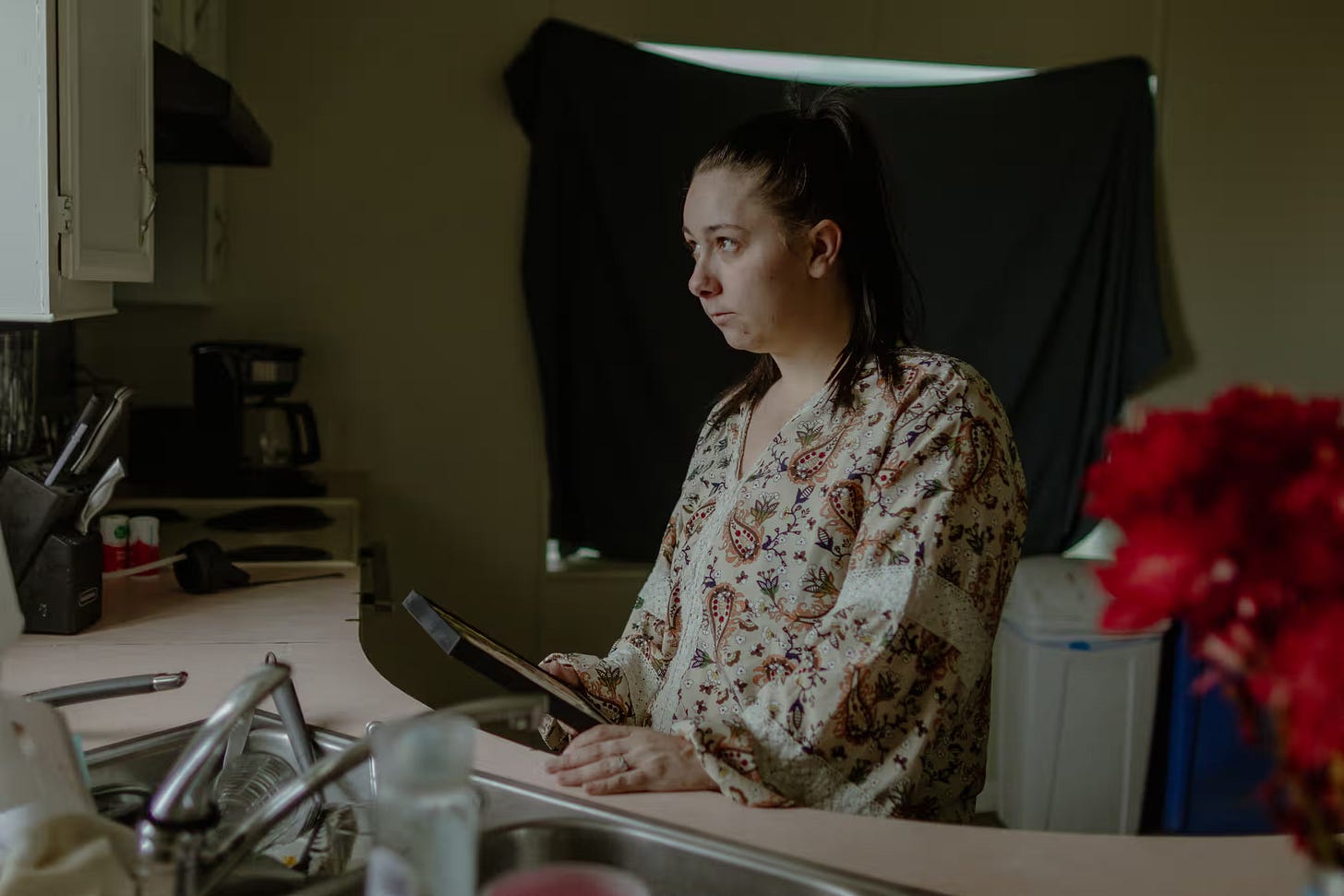Hello everyone!
I should have started this newsletter years ago, but I find the idea of self-promotion as a journalist to be, well, sort of icky. But it’s also a necessary evil and I am constantly at tension with myself over this topic (perhaps more on that later).
So, why a newsletter? I’ve disliked Twitter for many years — long before the Elon Musk takeover — and I miss the app’s early days when I used to late-night tweet at the food truck on my college campus. As a journalist I stayed off the app out of anxiety and fear that I would become that day’s news cycle — an irrational fear given that I’m a relatively offline person and hardly ever air my grievances publicly. Instead I gravitated towards Instagram, which began as a personal account and has become a mix of personal and professional. This is still my favorite way to get my stories out, but it doesn’t allow for me to expand on them or to write about how the pieces came to be. It’s a limiting platform for writers, being image and video focused, and I would like to share more broadly about my freelance experiences over the past eight years and counting.
Now here we are.
I plan for this newsletter to be a mix of behind-the-scenes looks at my stories and general topics related to freelancing. The content will likely morph somewhat and I am excited to see where this goes. My goal right now is to publish once a week. I am, however, nervous about the idea of publishing unedited posts (all writers need editors!) but I hope this platform will foster musings and thoughts that don’t call for editing in the same way. Plus, my therapist is always telling me to do the things that scare me.
Since I am in the midst of a “down” period — those days and weeks between reporting when I’m figuring out what to write, working on pitches, turning to other projects and waiting on edits — I wanted to share my latest story, which ran last month in The Guardian about CPS cases in Oregon where the agency used parents’ low IQ scores to keep their children in foster care.
This story first came across my radar in 2018 after I read a news article about Amy Eric Ziegler, whose two sons were removed by Oregon’s child welfare agency based on Amy and Eric’s mild intellectual disabilities. There are many stories to uncover and report on about the child welfare system, but I hadn’t read about cases involving parents with IDD or developmental disabilities. I wanted to know more about Amy and Eric’s case and got in touch, first through their advocate. We had several in-depth conversations and I got to know them over time. They soon provided me with about eight thousand pages of their sealed documents (paper copies in banker boxes that I had scanned). There were court transcripts, internal CPS reports, emails and much more. It took many weeks — months even — to organize and read through everything. At first the story felt suited for a narrative feature, but their case had already closed by the time I reached out and I needed a timely hook or a new angle to pitch editors. Such is the way of selling freelance stories. Sometimes I think the answer to the “why now?” question is simply because it’s a good story, but that’s not for me to decide.
Over the years I stayed in touch with their advocate, who told me she was working on a few cases where child welfare in Oregon was still removing children based on parents’ intellectual or cognitive disabilities despite a federal investigation into the agency and new state legislation meant to curb discrimination—both results of Amy and Eric’s case. In my experience investigative stories often, though not always, come to light through a tip like this. With this new information, I secured grant funding from the Economic Hardship Reporting Project and Investigative Reporters and Editors, which awarded me first place in their 2022 Freelance Fellowship. I then sold the story to The Guardian, my first piece for them.
The story required a lot of patience and hard work from everyone, as narrative investigations do. The parents I interviewed were open and courageous in sharing their stories and personal documents. They took time out of their busy lives to speak with me and answer my many questions. There were times over the years when, despite my belief in the importance of this story, I wasn’t sure whether it would get published. As many writers know it is a daunting prospect to report independently for years with no guarantee of publication. I’m so glad the story is out in the world and I hope you read it.
I love to hear from readers, so please share your thoughts below!
Britta Lokting




Excited to follow along here Britta! That story sounds very interesting and how horrible of the Oregon government to take children away from their parents based on their iq. I’m glad you were able to help!